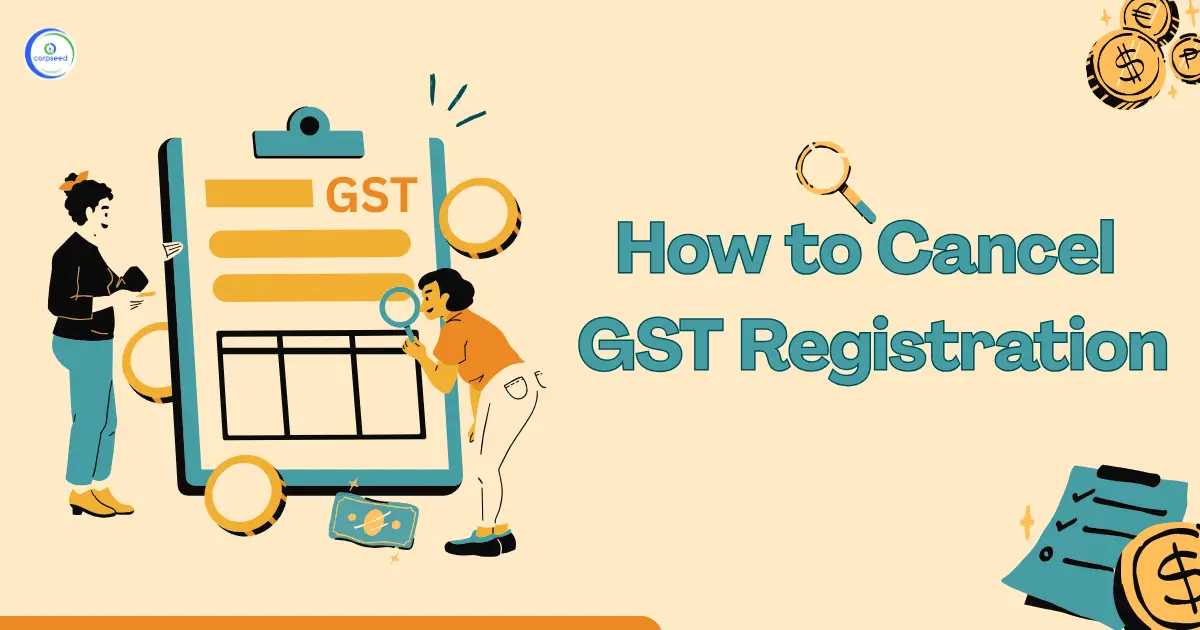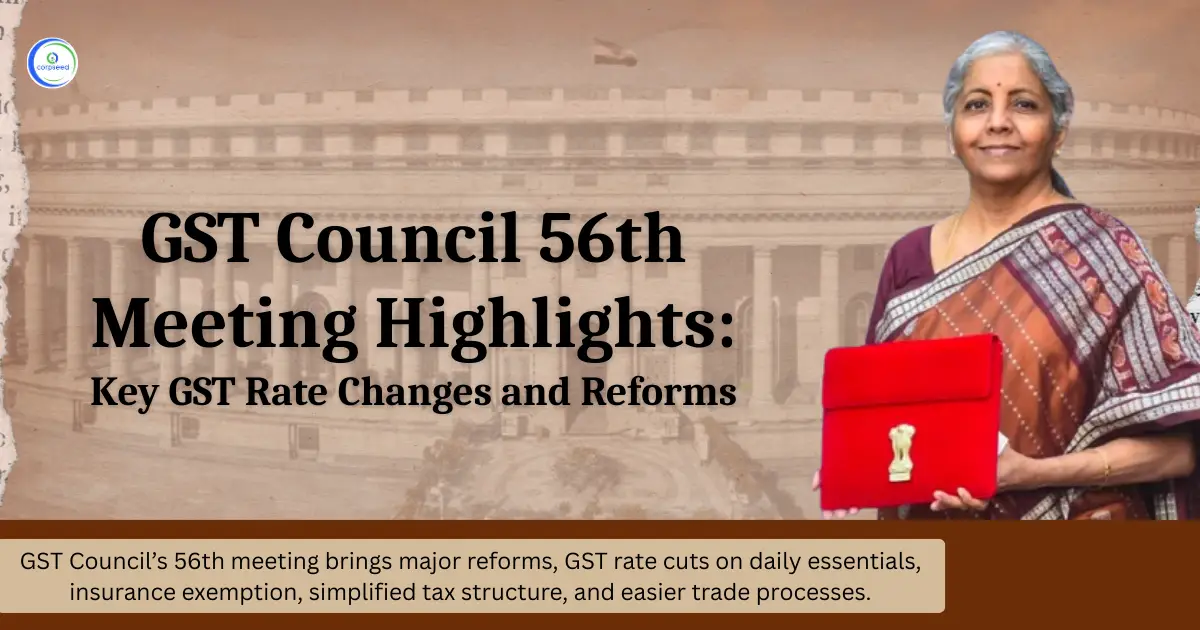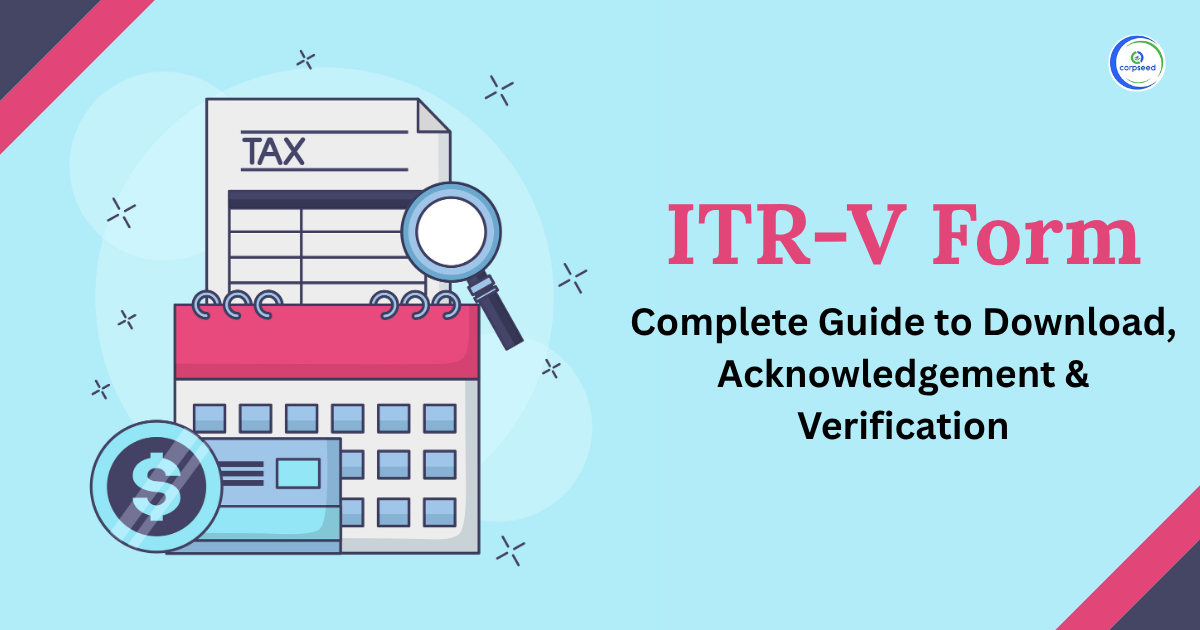Taxes are the backbone of any nation's economy to provide funds for public service and infrastructure. In India, there is a complex tax system it is divided into two kinds of taxes: direct and indirect. Direct taxes are paid directly by individuals and companies in respect of income tax. In contrast, indirect taxes involve levies on goods and services, collected by the sellers. This structure thus helps ensure smooth government operations as well as development projects.
The Tax Structure in India
The Indian tax structure falls under a three-tier federal system that comprises the Central Government, State Governments, and Local Municipal Bodies. Under Article 256 of the Indian Constitution, "No tax shall be levied or collected except by authority of law." This indicates that all taxes are established through legislation enacted by their respective governing bodies. India has categorized taxes under two broad heads: direct taxes are directly paid by individuals and corporations, while indirect taxes are levied on goods and services. Categorization in this regard helps decide who bears the burden of tax at the end.
Table of Contents
--------------Blog Contact Form-------------
What are Taxes?
Taxes are levied on contributions made by individuals and organizations to the government. They are important in financing public services and infrastructure. Governments use this tax money to provide people with health care, education, and security. Tax ensures that every person benefits by contributing to society.
It is not a choice, the government will figure out how much tax a person or business should pay. This is what keeps everything sorted and helps the economy move forward. So, therefore, by taxes, the government invests in those projects that make living standards better. The knowledge about taxes helps one run their finances well. The civic duty of paying taxes develops a community and gives national growth.
Benefits of Taxes
- Provision of Public Utilities: The list of services an individual enjoys upon paying his/her tax is schools, hospitals, roads, and public security, which continues people's provision.
- Economic Development: Taxation money ensures infrastructure development for various projects, which aids a nation to grow significantly while rapidly upholding employment numbers.
- Social Welfare Packages: Taxes maintain provisions under the welfare package consisting of access to Medicare for paupers, the cheque for those losing jobs, and housing. All of these are put to achieve improvements in welfare aspects during one's life span.
- National Security: A part of the money from the tax goes for defence and security purposes. The citizen will then become safe.
- Creditworthiness: It also improves the credit score of an individual who can acquire easy loans and credits.
- Civic Responsibility: There would be a feeling of doing a civic duty while paying the tax, which increases the total well-being of the society.
- Tax Refunds: In case more money is paid as taxes than needed, they may get a refund of such extra payment from the system. The system then is said to be just.
- Government benefits: Taxes paid on time are eligible for government subsidies and financial aid.
Types of Taxes
Taxes in India are categorized into two broad categories:
- Direct Taxes
- Indirect Taxes
This classification is based on how the taxes are collected and who bears the ultimate burden.
Direct Tax
Direct Taxes are directly levied upon the individuals and corporate bodies. These taxes cannot be passed on to another party. Individuals and businesses pay such taxes according to their earnings and assets. The direct taxes have the following key characteristics:
- Paid by Individuals and Corporations: Direct taxes are received from the income earned by individuals and profits obtained by business organizations.
- Progressive Nature: Tax rates are progressive, meaning that they increase with higher levels of income so that the wealthy pay more.
- Non-transferable: the burden of direct taxes cannot be transferred to someone else.
Types of Direct Taxes
| Type of Direct Tax | Description | Rates/Key Points |
| Income Tax | Imposed on the income of individuals and corporate sectors. |
|
| Corporate Tax | Levied on the earnings of companies based on their turnover. |
|
| Capital Gains Tax | Based on the profit from the sale of capital assets or investments. |
|
| Securities Transaction Tax | Levied on buying and selling of securities traded on stock exchanges. |
|
| Gift Tax | Levied on gifts above a certain value received by individuals to tax large wealth transfers. |
|
Indirect Tax
These indirect taxes are charged on goods and services, not directly on people or companies. Those taxes are collected by the intermediaries, such as sellers or service providers, who will transfer to the government the collected tax. In terms of collection and burden, indirect taxes are broadly different from direct taxes. Indirect taxes have the following key characteristics:
- Consumption-based: The indirect taxes are mainly consumption-based rather than income-based. These are levied at the point of consumption, meaning such taxes become a cost to buyers.
- Transferable Burden: The incidence of indirect taxes can be shifted from sellers to buyers. This has been possible because sellers just add the tax amount to the price of their goods and services that consumers have to pay at the time of purchase.
- Variety of Forms: Indirect taxes can be different in form according to the kind of goods or services that are considered. In this sense, different kinds of indirect taxes suit different sectors and types of transactions.
Types of Indirect Tax
| Type of Indirect Tax | Description | Key Points |
| Goods and Services Tax (GST) | Introduced in July 2017, it subsumes multiple previous indirect taxes like excise duty, service tax, and VAT. |
|
| Customs Duty | Levied on goods imported into India. |
|
| Excise Duty | Imposed on the manufacture of goods within India. |
|
| Sales Tax | Previously levied on sales transactions, now largely replaced by GST. |
|
| Service Tax | Charged on services provided in India, before GST implementation. |
|
| Value Added Tax (VAT) | Levied by state governments on sales transactions. |
|
| Octroi Duty | Local tax is collected at state borders for goods entering a municipality. |
|
Read Our Blog: What is the Tax Audit Limit For the AY 2023-24?
Conclusion
The tax system in India plays a very important role in the country's economy. They finance public services, and infrastructural development, and generate the funds required in the country. There are also two categories of taxes. There are direct taxes, while others are indirect. Although different goals are achieved by various types of taxes, the sources vary. Consumers experience its full force at the very point of sale. Such a comprehensive tax system sustains the functioning of the government and promotes social welfare. An enlightened citizenry will be more capable of grasping the need for taxes to enhance community welfare and economic development.
This portion of the site is for informational purposes only. The content is not legal advice. The statements and opinions are the expression of author, not corpseed, and have not been evaluated by corpseed for accuracy, completeness, or changes in the law.
BOOK A FREE CONSULTATION
Get help from an experienced legal adviser. Schedule your consultation at a time that works for you and it's absolutely FREE.









